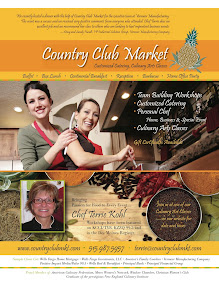"Do you sell masks here?" is never a question asked in a shop in Venice. Everyone but the butcher and baker has a couple of them for sale. But not all masks are equal. Shops like this one specialize in these objects of a risque tradition and take their craft very seriously.

 Venetian masks were originally created so that one could hide his identity during every day activities. The thriving republic of Venice made for a higher standard of living than the rest of Europe. People enjoyed luxury and worked to keep that state of luxury. The masks came into the story when people doing business would rather not have the whole town knowing the places they had to visit, who they were visiting there, and what deals they were making with them. Also, masks led to people becoming more equals. A servant could be mistaken as a nobleman and a nobleman as a servant. One could be questioned without consequences of the testimony being linked to his identity. It went so far as to boost the morale of the people in feeling that with no face to restrict them, everyone had a valued voice.
Venetian masks were originally created so that one could hide his identity during every day activities. The thriving republic of Venice made for a higher standard of living than the rest of Europe. People enjoyed luxury and worked to keep that state of luxury. The masks came into the story when people doing business would rather not have the whole town knowing the places they had to visit, who they were visiting there, and what deals they were making with them. Also, masks led to people becoming more equals. A servant could be mistaken as a nobleman and a nobleman as a servant. One could be questioned without consequences of the testimony being linked to his identity. It went so far as to boost the morale of the people in feeling that with no face to restrict them, everyone had a valued voice.However, concealing one's identity in a port city with new travelers in and out every day led to public acceptance of gambling and extremely lewd activities with anyone . . . at any hour and any place including convents, nuns, and monks. Forbidden lovers would meet in secret. The upstanding townsfolk could get tipsy and apparently nobody would be the wiser of which mask hid which person. What happens behind the mask stays behind the mask.
Eventually the gambling wasn't enough to support the community and the wearing of masks was banned and limited to the tree months following December 26. It was further limited to a weeks celebration called Carnevale or Mardi Gras.
Believe it or not, this Venetian art form wasn't resurrected into the tourist fad that it is today until the late 1970s. Betcha didn't know that did ya ;)









0 comments:
Post a Comment